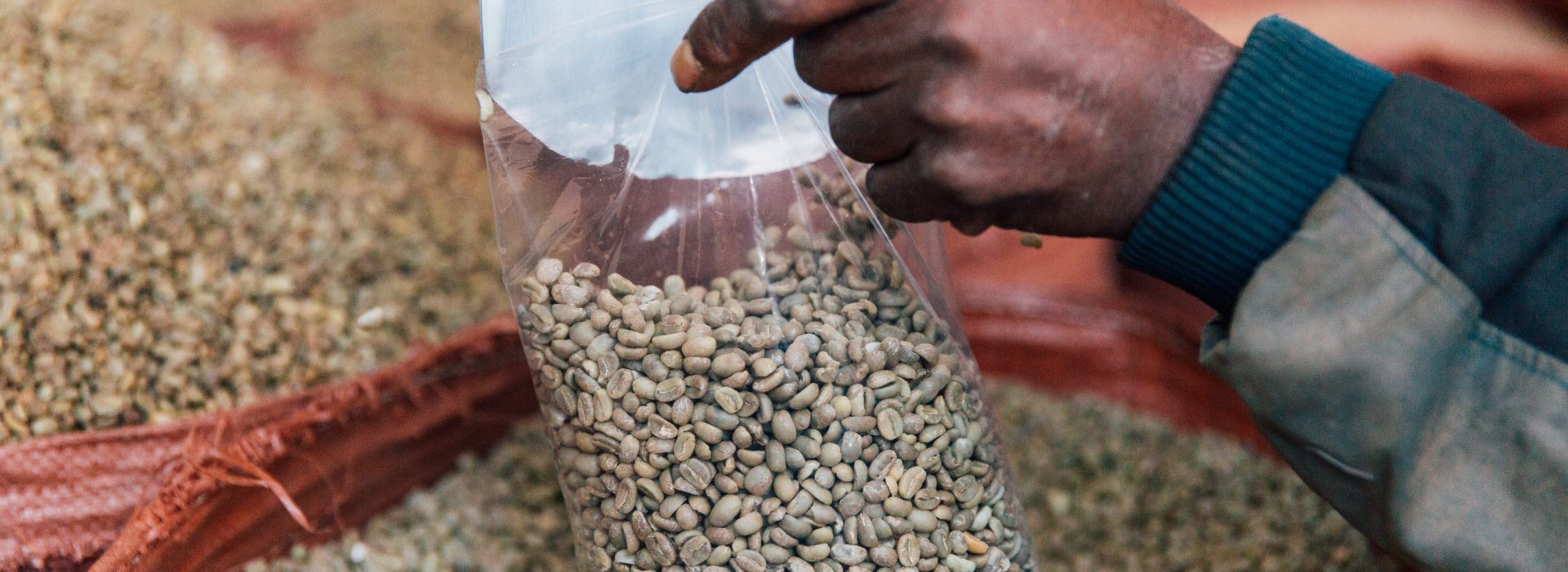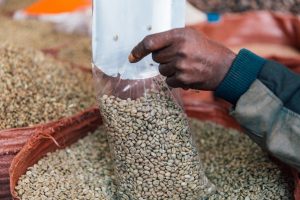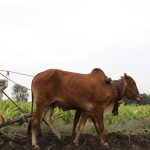In this article, we delve into the passionate advocacy of Vandana Shiva, a renowned physicist, environmental activist, and author, who champions the sacredness of seeds and the importance of sustainable agriculture. Shiva’s work confronts the challenges posed by genetic engineering, biopiracy, and seed patenting, while emphasizing the need for preserving seed varieties. She critiques the impacts of the Green Revolution and genetically engineered crops, and highlights the role of sustainable practices in fostering biodiversity and ensuring food security. This article provides a comprehensive exploration of Shiva’s perspectives and her commitment to protecting seeds as a common resource for future generations.
The Sacredness of Seed
Vandana Shiva, a renowned physicist, environmental activist, and author, is a vocal advocate for the sacredness of seeds and the importance of sustainable agriculture. She is the founder of the Research Foundation for Science, Technology and Ecology, a participatory, public interest research organization. Shiva travels worldwide, speaking passionately about the dangers of genetic engineering, biopiracy, seed patenting, and the importance of preserving seed varieties.
According to Shiva, seeds are sacred. In Hindi, seed is referred to as ‘bija’ or “containment of life.” She believes that seeds are created to renew, to multiply, to be shared, and to spread, embodying life itself. However, corporations such as Monsanto have reduced seed to private property, claiming that seeds shouldn’t renew without their permission. This perspective, Shiva argues, turns seeds into a non-renewable resource and threatens the time-honored practice of seed saving.
Patenting Nature and the Green Revolution
Shiva criticizes attempts by US companies and organizations to patent Indian plants such as neem, basmati rice, and an ancient wheat variety, describing these actions as piracy from nature and cultures that preserve knowledge. She asserts that seeds are not inventions.
She also discusses the Green Revolution, which introduced high-yielding seeds and agricultural chemicals to India in the 1960s. According to Shiva, this revolution has resulted in lower yields and depleted soils. She argues that the Green Revolution redesigned seeds and plants to make them more adaptive to agricultural chemicals, rather than breeding seed varieties for nutrition and taste.
Preserving Seed Varieties and the Impact of Genetically Engineered Crops
Shiva’s organization, Navdanya, is preserving seed varieties in 46 seed banks across India and on an organic farm in Uttranchal, north India. Navdanya aims to support local farmers, rescue and conserve crops and plants that are being pushed to extinction, and make them available through direct marketing.
Shiva warns about the new Green Revolution, which is characterized by genetically engineered crops. She links the high rates of farmer suicides in areas where genetically engineered Bt cotton is most concentrated to crop failures and excessive debt from purchasing expensive pesticides and GM cotton seed. She also cites a statistic showing that Bt cotton has destroyed 26% of microorganisms in soil, calling genetically modified organisms a cruelty to seeds.
The Future of Seed and Sustainable Agriculture
Despite the challenges, Shiva remains hopeful. She believes that farmers who switch to growing organic cotton can earn ten times more than they did growing Bt cotton. She criticizes the harassment of independent researchers who find negative impacts of GE foods on human health and the environment, calling biotechnology a new religion that we are asked to blindly accept.
Shiva predicts the end of Monsanto’s seed dominance and emphasizes the importance of seed as a common resource that needs to be protected for future generations. She sees seed as the biggest issue around democracy in food and encourages everyone to support sustainable agriculture and the preservation of seed varieties.












